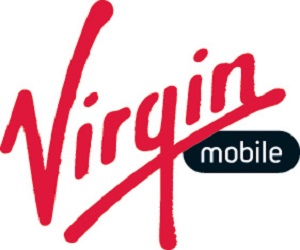Obama Administration Clears States for Healthcare
Obama Administration Clears
Even More States To Direct
Their Own Health Insurance Exchanges
On Thursday, the Obama Administration cleared a total of 17 states, including California, to run health insurance exchanges that will allow consumers to shop for their own customized health coverage. This helps advance one of the key goals to help Americans shop for coverage that was set apart in the 2010 healthcare law.
Among the 17 states given conditional approval were New Mexico, Hawaii, Idaho, Utah, Vermont, Nevada and California. The rest of the states will have oversight by the federal government for their health exchanges, or they may create partnerships between the the federal and state governments to run them. Those states that have not yet been approved to run programs themselves can allow the federal government to run things for now with the option to change their minds in the future.
According to Kathleen Sebelius, the Secretary of Health and Human Services, having the states move ahead with their own insurance exchanges will make it less complicated and easier for people to find health plans that work for them. She was encouraged to see that this many states were moving forward with state-run health exchanges.
The health plan exchanges should help those consumers who don’t have health benefits with their employers to have more options for personal healthcare plans. The new plans must meet minimum standards as well as provide a guarantee for coverage, whether or not a consumer has a preexisting condition. Americans whose income is four times the federal poverty level or less should be able to qualify for subsidies from the government to help make the premium payments.
The majority of the states jumping on the bandwagon are run by Democratic governors, with only 4 Republican-led states moving ahead with state-run exchanges. Some states that have deferred to the federal government felt that running the exchanges themselves will bring added costs. Several additional states are currently working with the administration towards moving forward with state-run or partnered health exchanges.
More articles on Health you may be interested:
- Oxidative Stress: Top Three Ways to Help Your Teeth
- Autism Increase Downplayed by CDC
- FDA Approves New HIV Vaccine For Clinical Trials
- Proposal To Allow Minors ‘Plan B’, Denied By HHS
- Prostate Treatment: Which Method to Choose
- What Measures Are Being Taken to Curb Obesity in Our Schools?

